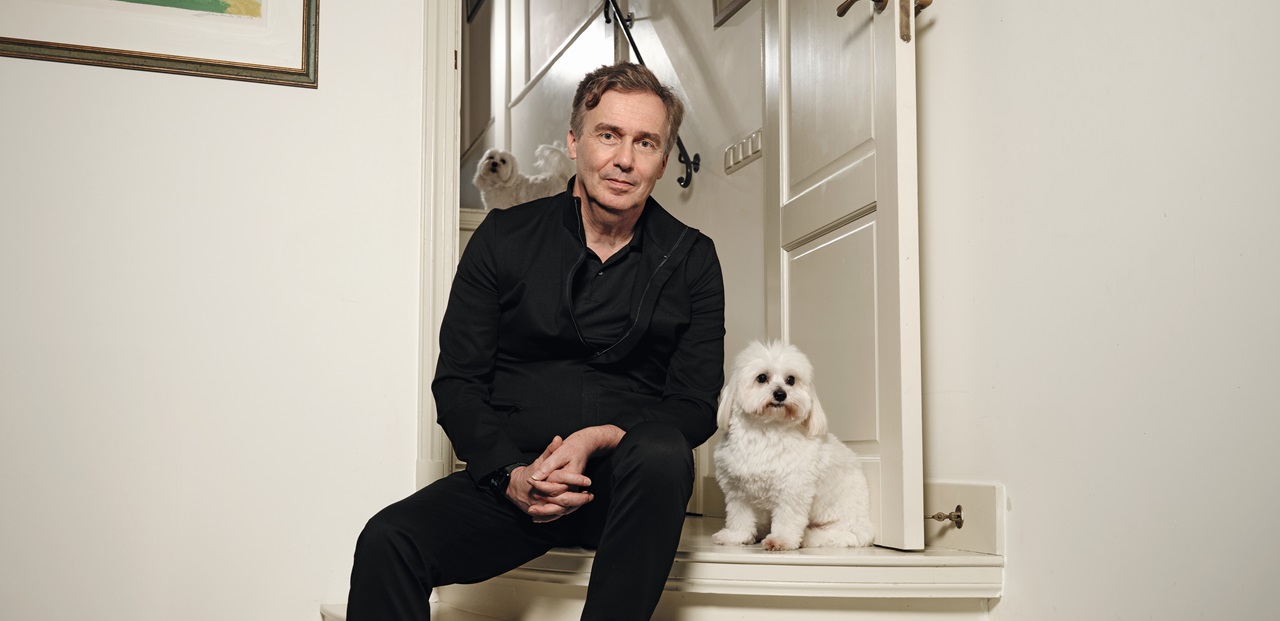Well-intentioned, but...

Author: Pieter Hemels | Image: Rogier Veldman | 19-11-2024
Management Scope did an interview with me last month. I thoroughly enjoyed the conversation. The journalist, Angelo van Leemput, found me somewhat headstrong, which I cannot disagree with. But what stayed with me more was his moment of despair halfway through the interview. He remarked, ‘In my experience, executives generally have good intentions. Without exception, every one of them claims they want to leave the world a better place. They all want to take responsibility.’ Yet.
‘We are comfortable with child labor in our supply chain.’
Naturally I recognize that few executives do not have good intentions (to quote Rutger Bregman: most people are decent). I have, in fact, never heard a board member say, ‘Let us ramp up our pollution,’ ‘How about defrauding our customers?,’ or ‘We are quite comfortable with child labor in our supply chain.’ However, the lines between cause and effect seem to blur. Cobalt sourced from the Congo for batteries, whether directly or through three intermediaries, comes with a high probability that it involves child labor, under appalling conditions. It would be wise to investigate how that cobalt is mined to allow a company to assert, ‘Our batteries are guaranteed free of child labor.’ Even better if you could add ‘We ensure that children in the Congo go to school, live safely, eat properly, and can look forward to a brighter future.’ A different narrative altogether.
What will the conversation at Wael Sawan’s Christmas dinner be?
Shell is one of the largest investors in sustainability. But if maximizing returns for investors is the absolute priority, 86% of investments are allocated to fossil fuels, the promise to reduce oil production is abandoned, scope 3 objectives diluted, and a company withdraws from wind energy and relocates to London for tax reasons, it becomes challenging to claim it wants to ‘leave the world a better place.’ Shell advertised extensively with the message, ‘We are changing for a cleaner future.’ The Dutch Advertising Code Committee (RCC) found it to be misleading text. The ruling explicitly states that Shell is, in fact, not a pioneer but leaves that role to others.
It can be different
Fortunately, those others exist. There are leaders, like those at ABP, who, after years of dialogue with the fossil fuel industry, concluded, ‘Enough is enough.’ They then actively committed to the energy transition, for instance by founding Noordzeker and developing Europe’s largest wind energy park, equivalent to five average power plants. ’That is, in our books, ‘good intentions with determination.’ It is possible to leave the world a better place. Shall we?
This essay is written by Pieter Hemels (ftrprf) and published in Management Scope 10 2024.
Pieter Hemels (ftrprf) pieter@ftrprf.com (feel free to correspond regarding this column).
